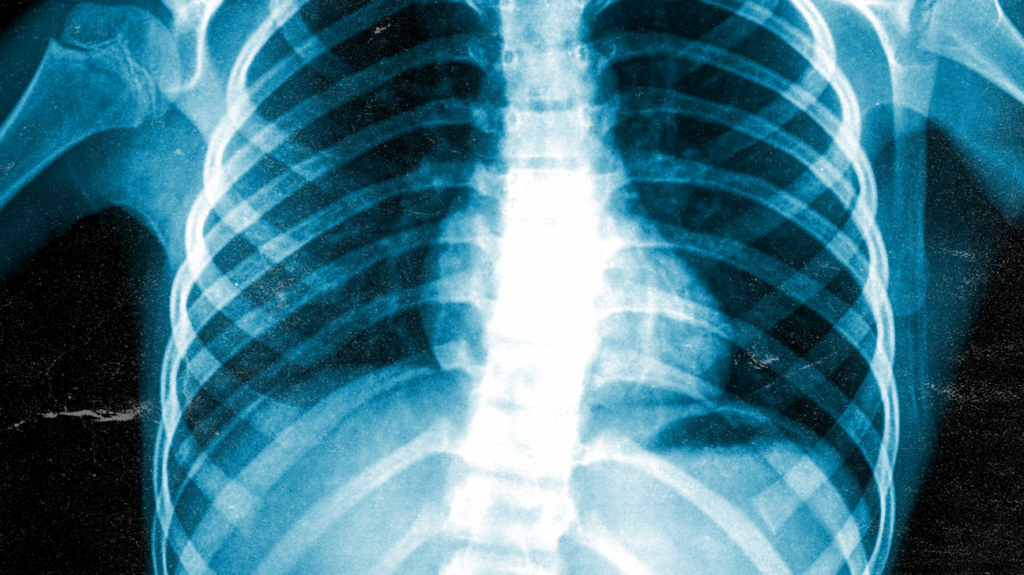
Try to avoid wearing jewellery and clothes containing metal (such as zips), as these will need to be removed. It's a good idea to wear loose comfortable clothes, as you may be able to wear these during the X-ray. X-rays aren't usually recommended if you're pregnant unless it's an emergency. However, you may need to stop taking certain medications and avoid eating and drinking for a few hours if you're having an X-ray that uses a contrast agent.įor all X-rays, you should let the hospital know if you're pregnant. You can eat and drink as normal beforehand and can continue taking your usual medications. You don't usually need to do anything special to prepare for an X-ray. For example, during a coronary angioplasty – a procedure to widen narrowed arteries near the heart – X-rays can be used to help guide a catheter (a long, thin, flexible tube) along one of your arteries. X-rays can also be used to guide doctors or surgeons during certain procedures.


X-rays are a type of radiation that can pass through the body. X-rays are usually carried out in hospital X-ray departments by trained specialists called radiographers, although they can also be done by other healthcare professionals, such as dentists. It's a very effective way of looking at the bones and can be used to help detect a range of conditions. An X-ray is a quick and painless procedure commonly used to produce images of the inside of the body.


 0 kommentar(er)
0 kommentar(er)
